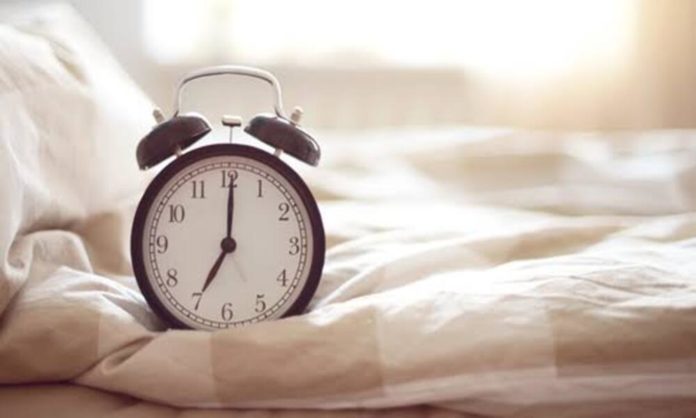All our lives, we have heard about the pros of going to bed early. It benefits our health and productivity as well as our overall well-being. Time and again, researchers have discovered that sleeping early offers way more benefits to people than those who like to stay up late. However, it’s easier said than done.
With changing lifestyles where the majority of our activities are influenced by the outside world, it’s a little hard to shut down a little early than your peers. Meanwhile, if you have decided to sleep and wake up early we have all the tips you need to master the habit.
1. Maintain Your Routine
Bedtime routines are a well-documented, effective strategy for improving sleep in children. The practice of quiet, concentrated attention has several health benefits. Meditation near bedtime may help reduce the anxiety that might otherwise keep you awake, limit symptoms of insomnia, and reduce sleep disturbances. Likewise, reading a book is another good way to relax and induce sleepiness.
Read More: Scientists Now Have A Cure For Nightmares
2. Limit Blue Light Exposure
While it may be tempting to scroll on your phone to relax before bedtime, the habit could be keeping you up later. Blue light emissions have a higher chance of suppressing the body’s melatonin also known as the sleep hormone. Blue light exposure in the evening can make you take longer to fall asleep, get less sleep overall, and get lower-quality sleep.

3. Stick To Your Sleep Schedule
Sleeping at different times, each day, can make it difficult for you to fall asleep earlier. Waking up and going to bed at the same time each day helps your body develop a routine. Even on weekends and days, you would like to sleep in, it helps to maintain a consistent sleep schedule. As you adjust to an earlier sleep schedule, it can help to make the change in smaller 15-minute increments.
4. Increase Physical Activity
Many studies have shown that engaging in exercise daily develops a healthy sleeping pattern. However, vigorous exercise less than an hour before you go to bed may delay falling asleep15 and reduce overall sleep time. Experts advise trying a low- or moderate-intensity activity. Some meditative movements such as yoga or qigong include combinations of gentle stretching and breathing exercises which can be extremely beneficial.

5. Avoid Caffeine In the Evening
Caffeine might help you kick through a long evening but it can also keep you up at night. Experts recommend avoiding stimulants including coffee, tea, and energy drinks four to six hours before bedtime.
Read More: New Research Suggests Poor Sleep Can Make You Go Blind
Stay tuned to Brandsynario for the latest news and updates.





































